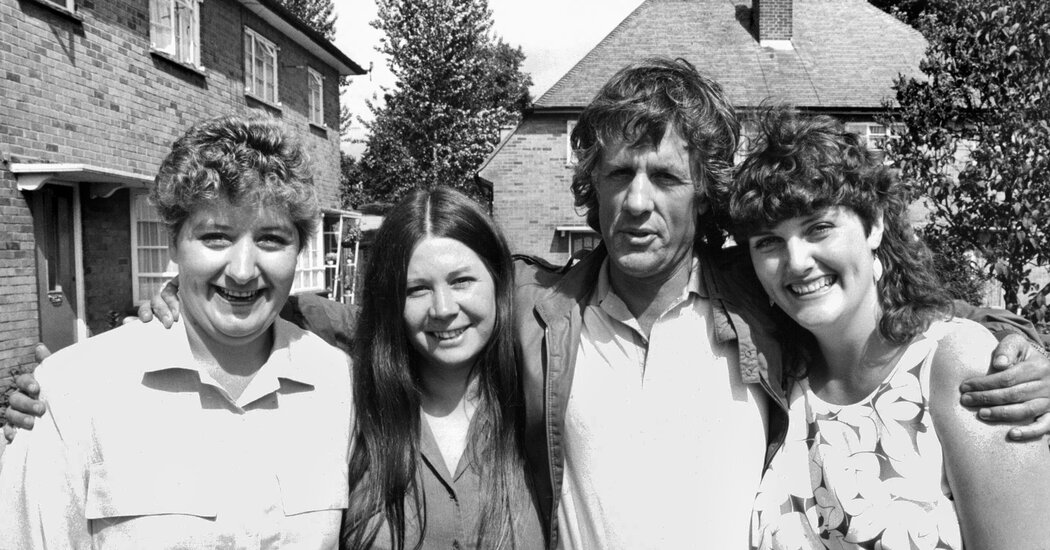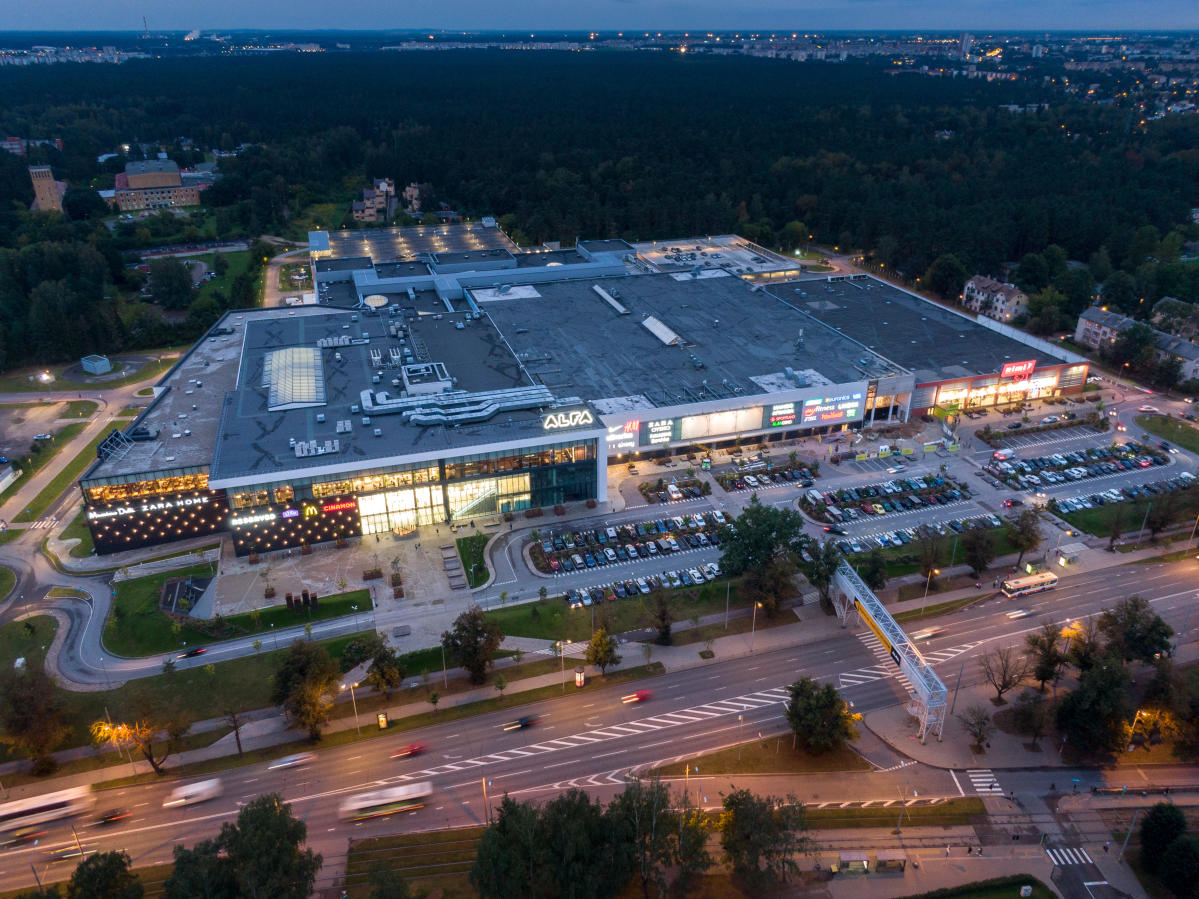“The biggest social revolution in my life originated in England,” he said, “was the change in the role of women in society.” We didn’t have civil rights and Vietnam in England, but I think that a certain social revolution is the biggest thing, and I missed not having enough women. And because I didn’t have enough women, I didn’t have enough choice about the options available to women who were building jobs, had families and all that kind of thing. “
And he continued, “Looking at everything from” Agatha “to” the daughter of a coal miner “and from” Neil “and” the continental divide “, it is all about the role of women in society and what women have to do to have a role in society, or “The choices women have to make to stay in society or have a voice in society, in direct and strange ways. This always piques my interest. This, I think, stems from the feeling that I have missed a bit.”
Michael David Abted was born on February 10, 1941 in Aylesbury, central England, and was raised near London. His father, Ronald, worked for an insurance company, and his mother Francis was “a kind of wool-dyed socialism” that instilled in him a liberal outlook, he told The Progressive in 2013.
He attended the prestigious City School of London from the age of ten, traveled to the Underground City, and then studied History and Law at the University of Cambridge. There was fellow student John Cleese, who was later from Monty Python, among his companions. He enrolled in a training program in Granada and soon found himself working on “Seven Up!”
When this film was released in May 1964, he was stunned by the response.
He told The Times in 2019: “This first step was very successful. The fact of the caste system was coming out of the children’s mouths, and the whole country was shocked – people were just shocked by the divisions in English society over the film strip.”





